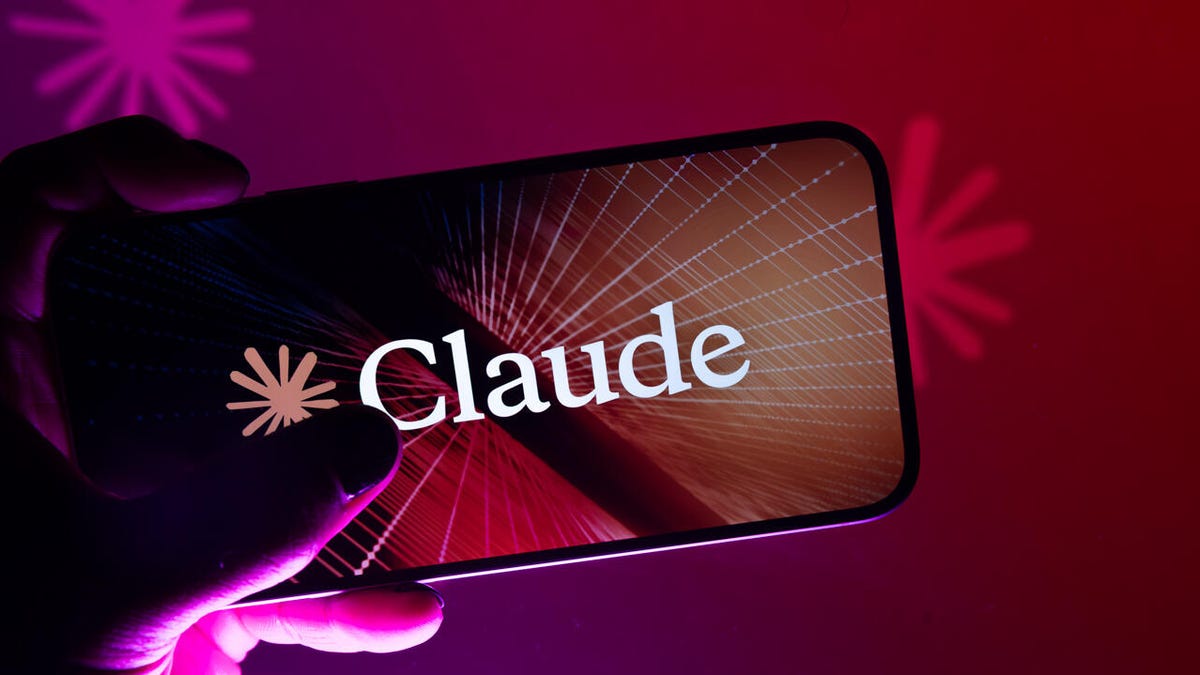Anthropic Reaches $1.5 Billion Settlement Over Copyright Lawsuit

Key Points
- Anthropic will pay $1.5 billion to settle the authors' copyright lawsuit.
- Compensation is estimated at about $3,000 per pirated work.
- The case could involve at least 500,000 titles, with additional payments for new materials.
- A prior district‑court ruling found Anthropic’s training practices qualified as fair use.
- The settlement provides a financial remedy for authors while allowing Anthropic to avoid trial.
- Legal experts see the deal as a benchmark for future AI copyright negotiations.
- Broader questions about copyright law and AI training data remain unresolved.
Anthropic agreed to a $1.5 billion settlement with a class of authors who claimed the company pirated their copyrighted books to train its Claude AI models. The deal, announced after a motion filed in the 9th U.S. Circuit Court of Appeals, would compensate authors roughly $3,000 per work, potentially covering at least 500,000 titles. The settlement follows a landmark district court ruling that found Anthropic’s training practices qualified as fair use, a decision that has shaped the emerging legal landscape for AI developers and content creators.
Anthropic, the creator of the Claude series of artificial‑intelligence models, has reached a settlement valued at $1.5 billion with a group of authors who alleged that the company illegally copied their books for use in training its AI systems. The settlement was disclosed as the parties filed a motion with the 9th U.S. Circuit Court of Appeals, indicating that an agreement had been reached.
Compensation Structure
Under the terms of the settlement, authors in the class could receive approximately $3,000 for each work that was allegedly pirated. Attorneys for the authors estimate that the case may involve at least 500,000 works, which would trigger additional payments of $3,000 for any newly added materials.
Legal Background
The resolution follows a pivotal district‑court ruling that found Anthropic’s approach to gathering and using copyrighted material to train its models to be fair use. That ruling marked the first time a U.S. court sided with an AI company on a fair‑use defense, though the judge cautioned that future cases could differ. The decision has been cited alongside a similar fair‑use victory for Meta, underscoring a developing judicial pattern.
Impact on the Industry
Legal experts note that the settlement allows Anthropic to continue its business without the uncertainty of a trial, while providing the authors with a timely financial remedy. The agreement also establishes a benchmark that could influence negotiations and settlements in other AI‑related copyright disputes. However, the underlying legal questions about how copyright law applies to AI training data remain unresolved, leaving room for further litigation.
Company Statements
Anthropic’s deputy general counsel emphasized the company’s commitment to building safe AI systems that help people and organizations. The settlement, while significant, does not alter Anthropic’s stance on developing technology that advances scientific discovery and solves complex problems.
Future Outlook
Observers suggest that the settlement will not close the broader debate over the use of copyrighted works in AI training. The lack of definitive legislative guidance means that courts will continue to shape the legal framework, and additional cases are likely to arise as AI developers seek to balance innovation with intellectual‑property rights.